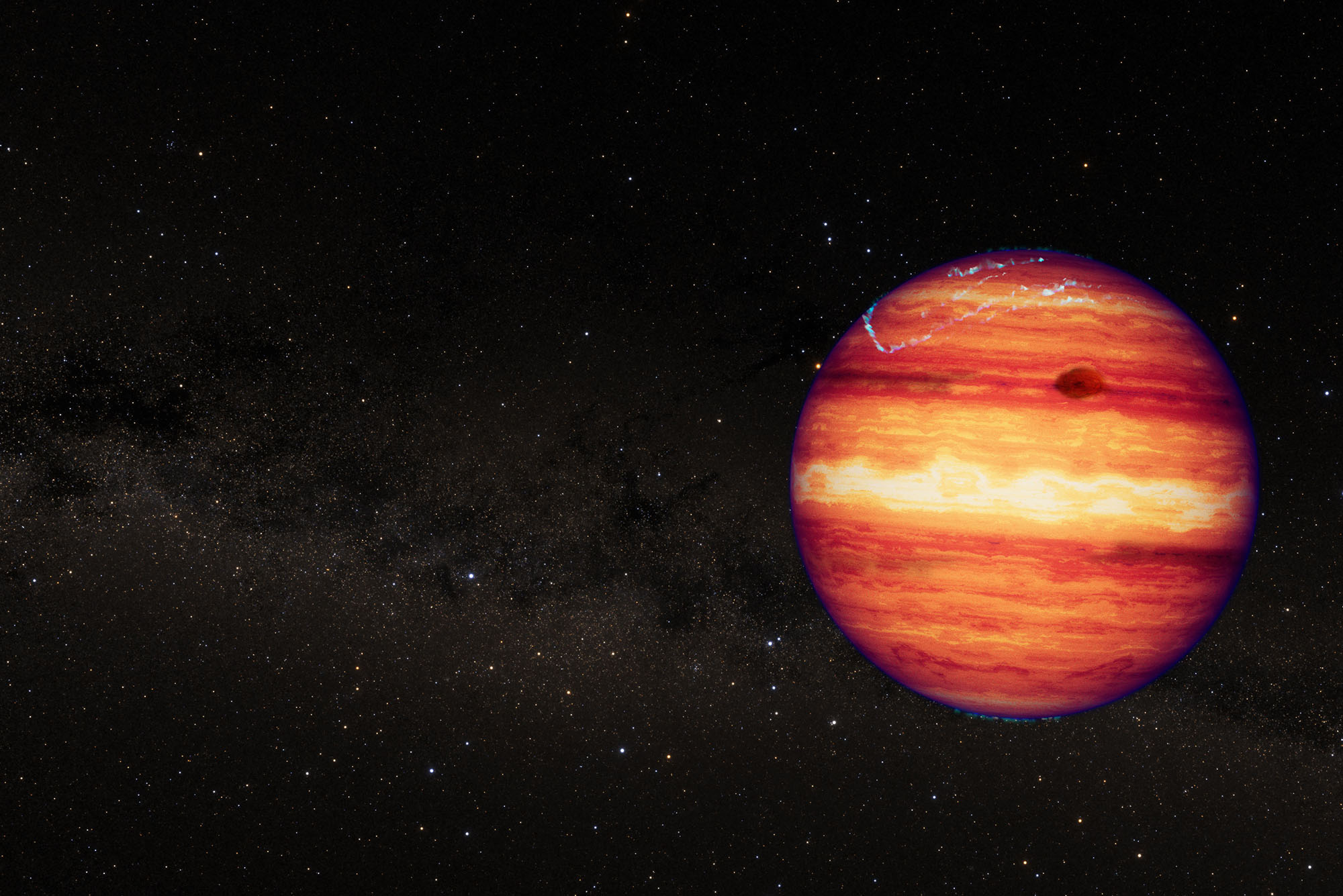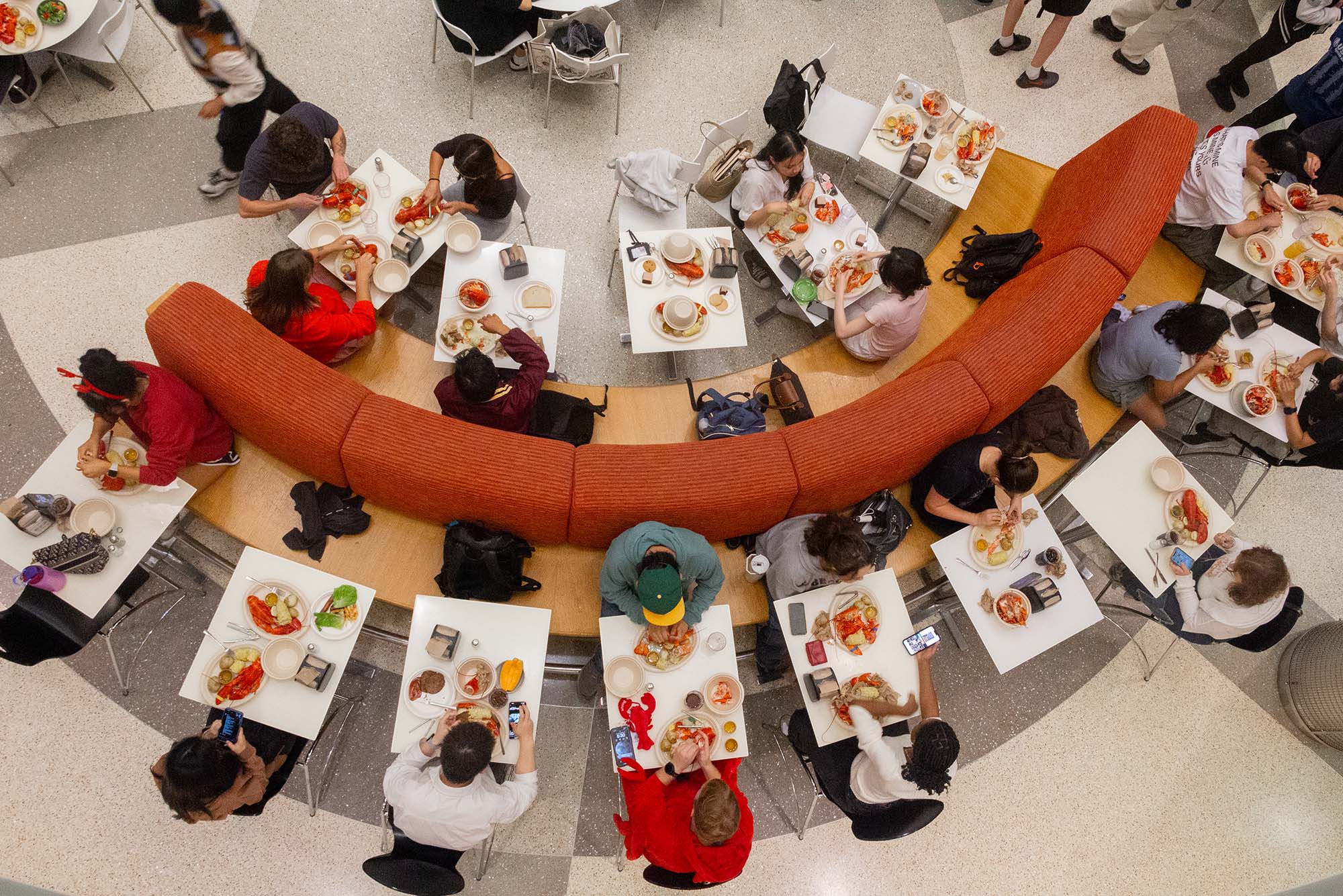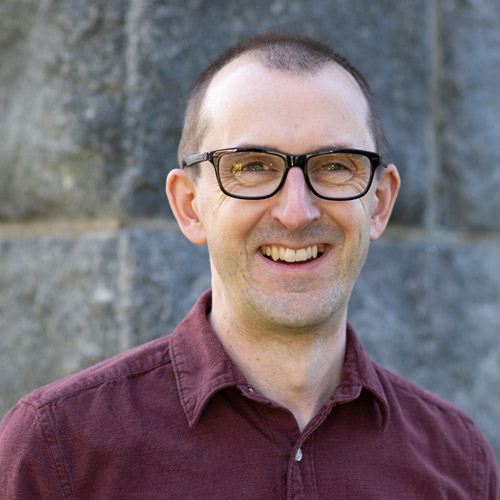Brink Bites: A Super Jupiter, the Ethics of BU’s Lobster Night, the Toll of Boston’s Traffic
Other research news, stories, and tidbits from around BU, including a fresh look at a gas giant, calculating deaths caused by vehicle emissions, and an undergraduate’s study of a campus dining tradition

An artist’s concept of the “starless super Jupiter,” SIMP 0136. A new BU-led study has highlighted details about the gas giant’s atmosphere, including clouds and temperature. Courtesy of NASA, ESA, CSA, Joseph Olmsted (STScI)
Brink Bites: A Super Jupiter, the Ethics of BU’s Lobster Night, the Toll of Boston’s Traffic
Other research news, stories, and tidbits from around BU, including a fresh look at a gas giant, calculating deaths caused by vehicle emissions, and an undergraduate’s study of a campus dining tradition
The Brink’s latest collection of news nuggets, short stories, and other thought-provoking snippets from the world of Boston University research—including findings on the human cost of Boston’s traffic, a study of the atmosphere of a gas giant 20 light-years from Earth, insights on the link between income inequality and access to electric vehicle charging stations, and an exploration of the ethics of a BU dining tradition: Lobster Night.
Studying the Atmosphere of a “Starless Super Jupiter”
With help from NASA’s James Webb Space Telescope, a BU-led team of international researchers has shared an unprecedented look at the atmosphere of a gas giant 20 light-years from Earth. The Space Telescope Science Institute called the object, known as SIMP 0136, a “starless super Jupiter.” The news was reported on the Boston University Experts LinkedIn page, which showcases BU’s research and researchers: “The team was able to study different layers of the object’s atmosphere in stunning detail, offering a window into the dynamics of gas giants, both within and beyond our solar system.” The researchers spotted clues that pointed to clouds made of iron particles and high-altitude hot spots potentially caused by auroras or gas. According to the study’s lead author, BU PhD student Allison McCarthy (GRS’23,’25), the research is an exciting first, “giving us a new understanding of how these objects behave.”
Electric Vehicle Charging Infrastructure Inequalities

More and more Americans are ditching their gas-powered cars and going green: sales of electric vehicles (EVs) hit record highs in 2024, according to Kelley Blue Book. But a new national study coauthored by BU researchers has shown big gaps in access to EV charging infrastructure along racial/ethnic and income lines. “The income inequality of the distribution of nationwide charging infrastructure is three times larger than that of gas stations,” the researchers wrote in the journal Applied Energy. The study included experts from the BU Institute for Global Sustainability (IGS), the US Department of Energy’s National Renewable Energy Laboratory, Rutgers University, and the Georgia Institute of Technology. “Transportation electrification is a key facet of slowing emissions and climate change,” said coauthor Cutler J. Cleveland, a BU College of Arts & Sciences professor of Earth and environment and IGS associate director, in an institute news story about the study. “EVs and charging infrastructure are unevenly distributed by race and income across the US, and these patterns differ significantly between states and cities. Solutions to address inequality must be coordinated at all levels to support nationwide adoption.”
The Human Cost of Boston’s Traffic Emissions: 342 Premature Deaths Annually
If you’ve ever felt that rush hour traffic is shortening your life, you could be right. A new study, coled by BU School of Public Health researchers, has put a human cost on all those SUVs and trucks chugging through Greater Boston’s notoriously gridlocked roads. According to SPH News, they “found that emissions from onroad vehicles cause 342 premature deaths annually in Greater Boston. Nearly 90 percent of these deaths are linked to elevated levels of nitrogen dioxide (NO2) in the region.” The results were published in Science of the Total Environment. The researchers said that light-duty trucks, including SUVs, pickup trucks, and minivans, were the biggest culprits. “Our findings indicate that the health impacts of transportation in the Greater Boston area are substantial,” said study coauthor Jonathan Buonocore, an SPH assistant professor of environmental health. “Our high-resolution modeling could be used to evaluate health benefits of transportation, including expansion of public transportation, pedestrian and biking infrastructure, vehicle electrification, and policies such as congestion pricing to reduce vehicle trips into downtown Boston.”
Lobster Night Is Fun. But Is It Morally OK?

It’s one of BU Dining’s most popular events: Lobster Night. Every year, thousands of students grab a handful of napkins and get cracking. But is it right to cook an animal alive? And how much goes uneaten? Undergraduate student Veronica Gates (CGS’24, CAS’27) is conducting a research project to explore the ethics and sustainability of the campus tradition—and suggest ways of improving it. Her study was highlighted in an article on undergraduate research in the latest issue of the BU College of General Studies alumni magazine, Collegian. “I think this self-directed project will have a tremendous impact on my readiness for a career as a biologist,” said Gates, who has previously studied bacteria in the Charles River. “Working in a lab and researching for my project both really solidified that I want to be a biologist, and I don’t think I would be as confident about my career had I not done research projects like these.” Her research is supported by CGS’ Center for Interdisciplinary Teaching & Learning’s Social Impact Research Fund, which backs more than 50 student projects a year.
Want More BU Research or Got a Story Idea? Check out The Brink homepage every week for even more stories and videos about BU research. And if you want to tell us about your research at BU, we’d love to hear from you. Email us at thebrink@bu.edu or tell us about your story online.

Comments & Discussion
Boston University moderates comments to facilitate an informed, substantive, civil conversation. Abusive, profane, self-promotional, misleading, incoherent or off-topic comments will be rejected. Moderators are staffed during regular business hours (EST) and can only accept comments written in English. Statistics or facts must include a citation or a link to the citation.